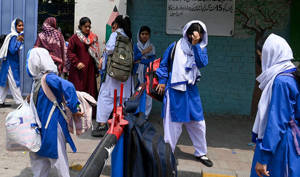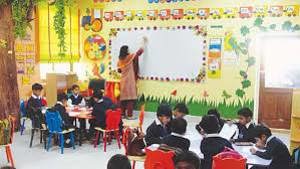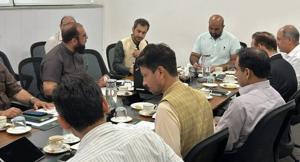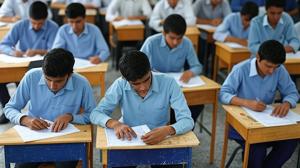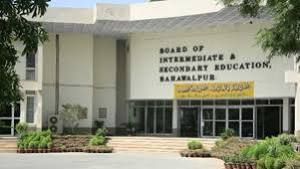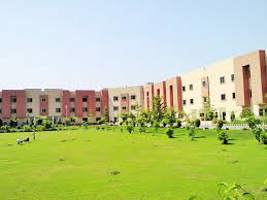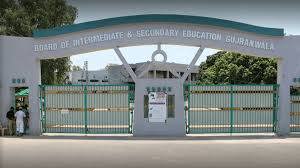The Anti-Corruption Establishment (ACE) has summoned several intermediate students in Karachi in connection with its ongoing investigation into alleged result manipulation at the Board of Intermediate Education Karachi (BIEK). Notices were sent through students’ respective institutions, instructing them to appear at the ACE West office. The move, however, has sparked concern among parents, particularly because some students were asked to appear in the early hours of the morning. The late timing has raised questions about the appropriateness of the summons and the safety of students attending at night.
Parents Express Concerns Over Late-Night Summons
Parents have voiced strong concerns over the timing of the summons, emphasizing that sending students, including daughters, to the ACE office around 12:30 a.m. is unsafe and unreasonable. Many parents criticized the authorities for not providing alternative timings that are more suitable and secure. The move has caused widespread public discussion about the responsibility of authorities in protecting students while carrying out investigations. Parents are demanding clearer communication and a more considerate approach that ensures both safety and cooperation with the inquiry.
Focus of the Investigation
The ongoing investigation centers on alleged manipulations in the 2022 intermediate examination results, with claims of unauthorized changes to student grades and irregular scoring practices. Despite being under scrutiny for over 18 months, ACE has yet to present concrete evidence against senior BIEK officials. Cases were previously registered against two former chairmen and two examination controllers, but investigators have not substantiated the charges. The summoning of students directly marks a new phase, highlighting efforts to gather first-hand accounts and additional evidence from those affected by the alleged manipulations.

Impact on Students’ Academic Progress
For many of the students involved, the summons comes after they have already advanced in their academic careers. Several students have cleared competitive exams such as MDCAT and NED University entrance tests and enrolled in higher education programs. Being questioned about results that have already shaped their academic opportunities adds stress and uncertainty. Parents and educators worry that this direct involvement could impact students emotionally and academically, raising concerns about whether the process is fair or unnecessarily burdensome for those who are no longer under the board’s examination period.
Evidence of Examination Irregularities
The investigation has revealed several areas of concern regarding the integrity of BIEK examinations. Reports indicate that some answer sheets were tampered with, with marks being increased in certain subjects without proper verification. In some cases, answer scripts lacked security features such as signatures and QR codes, which are essential for verifying authenticity. These lapses have highlighted systemic weaknesses in the administration and management of examinations, pointing to the need for stricter oversight and improved mechanisms to prevent manipulation in the future.
Financial and Administrative Lapses
The inquiry has also uncovered financial irregularities within BIEK, including the failure to maintain proper records of receipts and expenditures. The board reportedly operated multiple bank accounts without formal approval from its governing body, violating established financial regulations. These administrative lapses have raised broader concerns about governance at the board and its capacity to ensure transparency and accountability. The financial findings have intensified calls for structural reforms to prevent future mismanagement and strengthen the credibility of Karachi’s intermediate examination system.
Political and Public Reactions
The alleged result manipulation has attracted political attention, with several groups and parties demanding accountability and systemic reform. The controversy has become a focal point for discussions about educational governance in Sindh, prompting debates on how to ensure examination fairness and institutional transparency. Public sentiment has increasingly emphasized the importance of rebuilding trust in BIEK, with stakeholders calling for decisive action to prevent recurrence and to uphold the integrity of academic results for future students.
Challenges for Students During Investigation
Being summoned in connection with an investigation about their academic performance presents unique challenges for students. Many face emotional stress and anxiety, worried about potential repercussions on their ongoing studies and future academic plans. The involvement of young individuals in such inquiries also raises ethical and procedural questions about the role of students in investigations, especially when many have already progressed beyond the examination stage. Ensuring that students are treated fairly and safely during questioning is critical to maintaining the credibility of the investigation.
Need for Institutional Reforms
The BIEK case has highlighted the urgent need for structural reforms in examination governance. Experts argue that stronger monitoring mechanisms, transparent auditing systems, and adherence to proper administrative procedures are essential to prevent manipulation. The incident underscores the necessity of ensuring that students’ results genuinely reflect their academic performance and merit. Reforming institutional practices will help restore public confidence in Karachi’s education system and prevent similar controversies in the future.

.gif)












.png)

